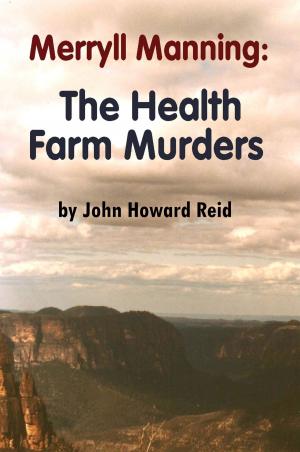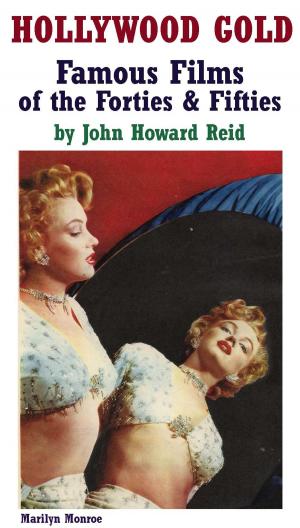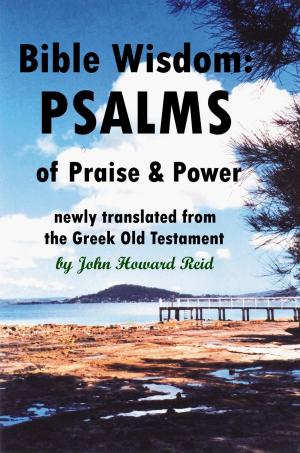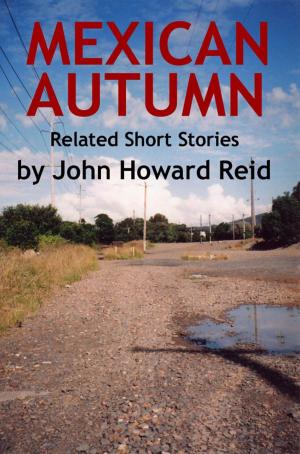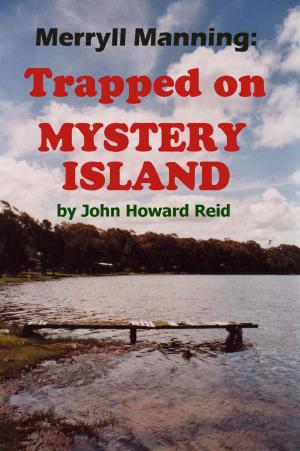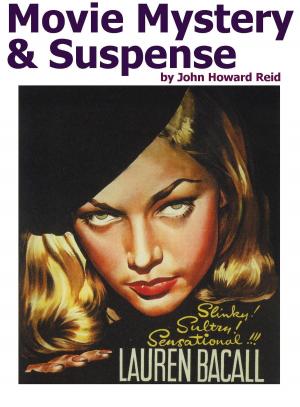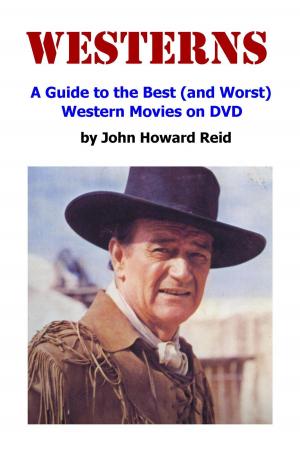What "Matthew" Really Wrote: A Radical New Translation of Matthew's Gospel
Nonfiction, Religion & Spirituality, Bible & Bible Studies, Health & Well Being, Self Help, Self Improvement| Author: | John Howard Reid | ISBN: | 9781466154728 |
| Publisher: | John Howard Reid | Publication: | August 11, 2011 |
| Imprint: | Smashwords Edition | Language: | English |
| Author: | John Howard Reid |
| ISBN: | 9781466154728 |
| Publisher: | John Howard Reid |
| Publication: | August 11, 2011 |
| Imprint: | Smashwords Edition |
| Language: | English |
All Bible scholars are aware that Matthew's Gospel contains a great deal of material added by editors and copyists in the first few centuries, A.D. Most Bibles draw attention to some of these obvious insertions, but few have the courage to identify the lot. In this radical new translation of Matthew's Gospel, Bible scholar, John Howard Reid, identifies all dubious material. He also differentiates the original Old Testament proof texts Matthew incorporated in his Gospel from those texts (both authentic and spurious) added by early and later editors. Reid incorporates the very latest research into the actual meaning of common Greek words such as "tekton". That word does not necessarily mean that Joseph was a carpenter. Reid points out that Joseph was more likely a potter. Reid also distinguishes between the word, "kolasis", which means correction and/or rehabilitation, and the word "timoria" meaning punishment. Most translators feel that "kolasis" is a synonym for "timoria", which it is not. Similarly, most translators don't realize the difference between "forgiven" and "forgotten". Jesus tells that the Father does not forgive our sins, He forgets them completely. In fact, He eradicates all memory of them from His mind. That is what Jesus actually tells us in Matthew's gospel. And those are just three of the many common mistranslations in this gospel. Furthermore, Reid has restored all translations from Scripture to Matthew's original renderings from the Greek Septuagint Bible. All the writers of the New Testament regarded the Greek Bible (not the Hebrew) as authoritative. In addition to Matthew, this book provides new translations of Paul's Letters to Timothy and Titus. Although these letters were not actually written by Paul -- a statement that most Bible scholars would endorse -- they do provide valuable insights into topics (such as vegetarianism and genealogies) that most churchmen studiously avoid mentioning, let alone discussing!
All Bible scholars are aware that Matthew's Gospel contains a great deal of material added by editors and copyists in the first few centuries, A.D. Most Bibles draw attention to some of these obvious insertions, but few have the courage to identify the lot. In this radical new translation of Matthew's Gospel, Bible scholar, John Howard Reid, identifies all dubious material. He also differentiates the original Old Testament proof texts Matthew incorporated in his Gospel from those texts (both authentic and spurious) added by early and later editors. Reid incorporates the very latest research into the actual meaning of common Greek words such as "tekton". That word does not necessarily mean that Joseph was a carpenter. Reid points out that Joseph was more likely a potter. Reid also distinguishes between the word, "kolasis", which means correction and/or rehabilitation, and the word "timoria" meaning punishment. Most translators feel that "kolasis" is a synonym for "timoria", which it is not. Similarly, most translators don't realize the difference between "forgiven" and "forgotten". Jesus tells that the Father does not forgive our sins, He forgets them completely. In fact, He eradicates all memory of them from His mind. That is what Jesus actually tells us in Matthew's gospel. And those are just three of the many common mistranslations in this gospel. Furthermore, Reid has restored all translations from Scripture to Matthew's original renderings from the Greek Septuagint Bible. All the writers of the New Testament regarded the Greek Bible (not the Hebrew) as authoritative. In addition to Matthew, this book provides new translations of Paul's Letters to Timothy and Titus. Although these letters were not actually written by Paul -- a statement that most Bible scholars would endorse -- they do provide valuable insights into topics (such as vegetarianism and genealogies) that most churchmen studiously avoid mentioning, let alone discussing!


